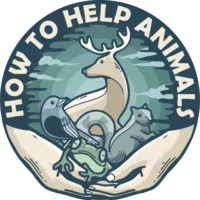There has been a lot of discussion about wild fish lately on how their situation worsens every year. There are, however, some things you can do to help wild fish and help the environment at the same time. Besides consuming fish, the next worst things humans do are contributing to eutrophication.
The best way to help wild fish is to stay away from it and keep it off your plate. Feeding wild fish contribute to eutrophication. You can help wild fish by choosing environmentally friendly products, no chemicals in the toilet, and avoid the meat- and dairy industry.
As a result of excessive nutrient supply, eutrophication is a widespread problem in our lakes, streams, and sea areas. Our freshwater is an important resource that should cover many needs. That requires healthy freshwater surrounding with good quality of water.
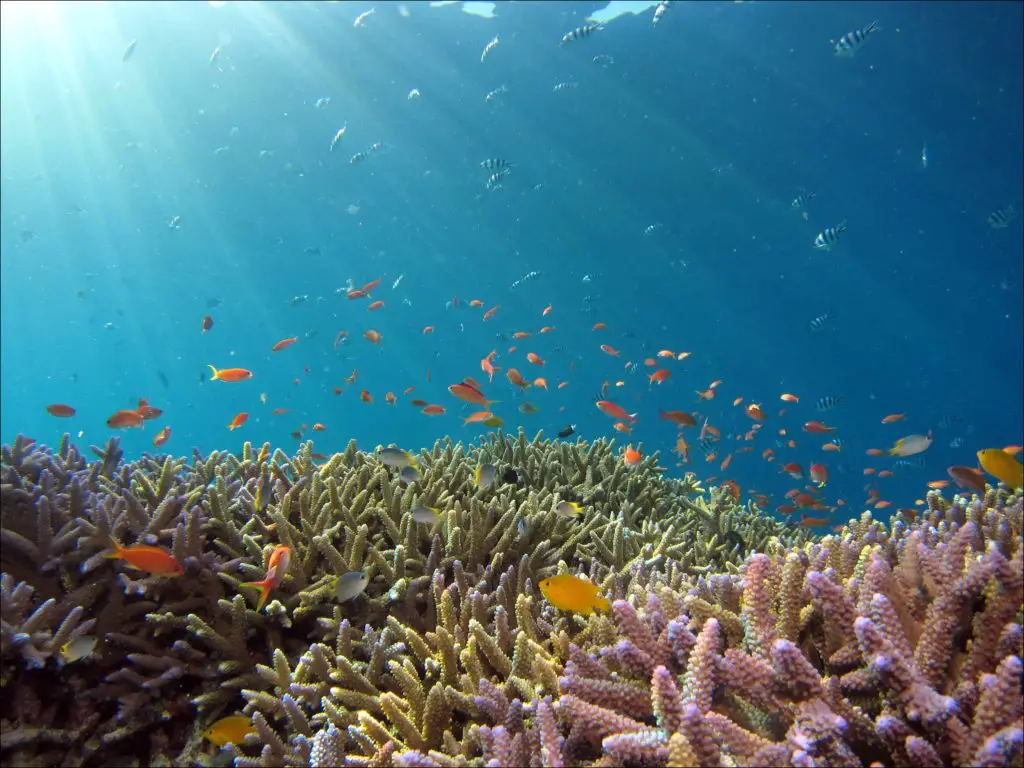
What causes eutrophication?
A part of eutrophication is made naturally. However, human activities supply extra nutrients in the form of nitrogen and phosphorus. This causes eutrophication with overgrown lakes and watercourses, reduced biodiversity, deteriorating water quality, and lack of oxygen. The nutrients can also cause severe algal blooms.
The human industries that contribute the most to eutrophication are agriculture, sewage, and sewage treatment plants. But also industries, forestry, road traffic, and also shipping.
Extra nutrient supply can also occur through so-called internal loading when old nutrients, previously bound in sediments, are released. Climate change can make it even more difficult. Therefore, we must do everything we can to stay one step ahead and fix the problems.
Important wetlands have disappeared.
Wetlands are important since it has the ability to capture great amounts of nitrogen and phosphoric. The wetlands are reducing in numbers worldwide, and the major cause is forestry and sea subsidence which has turned out wetlands into agricultural land.
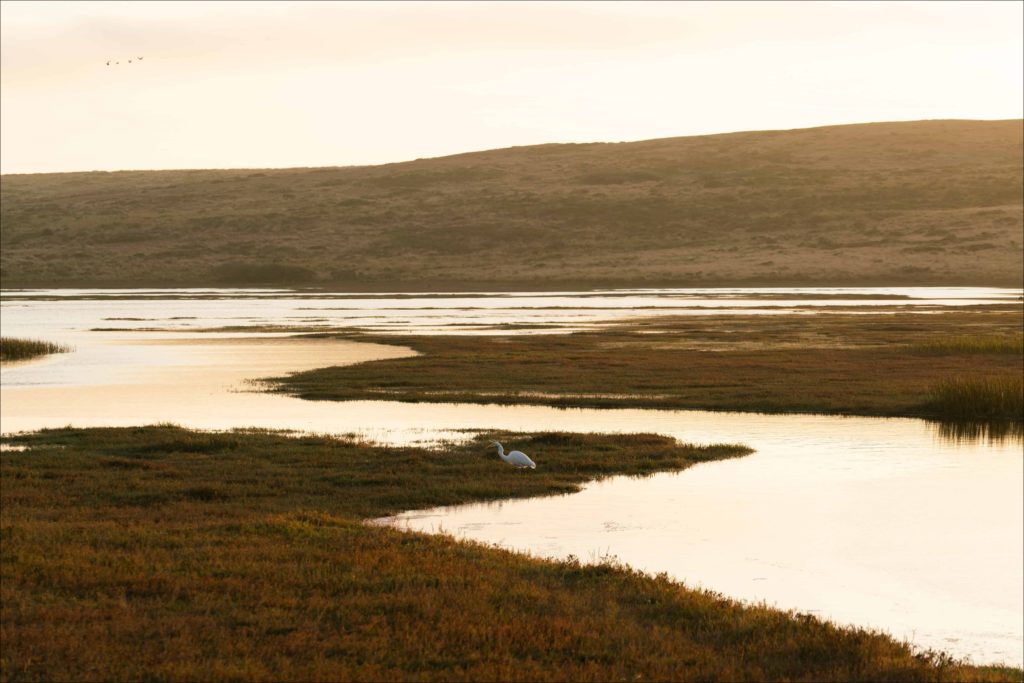
Stop eutrophication now
It’s crucial to stop nutrient emissions and leaks from treatment plants and industries, individuals sewers, agriculture, forestry, and other sources.
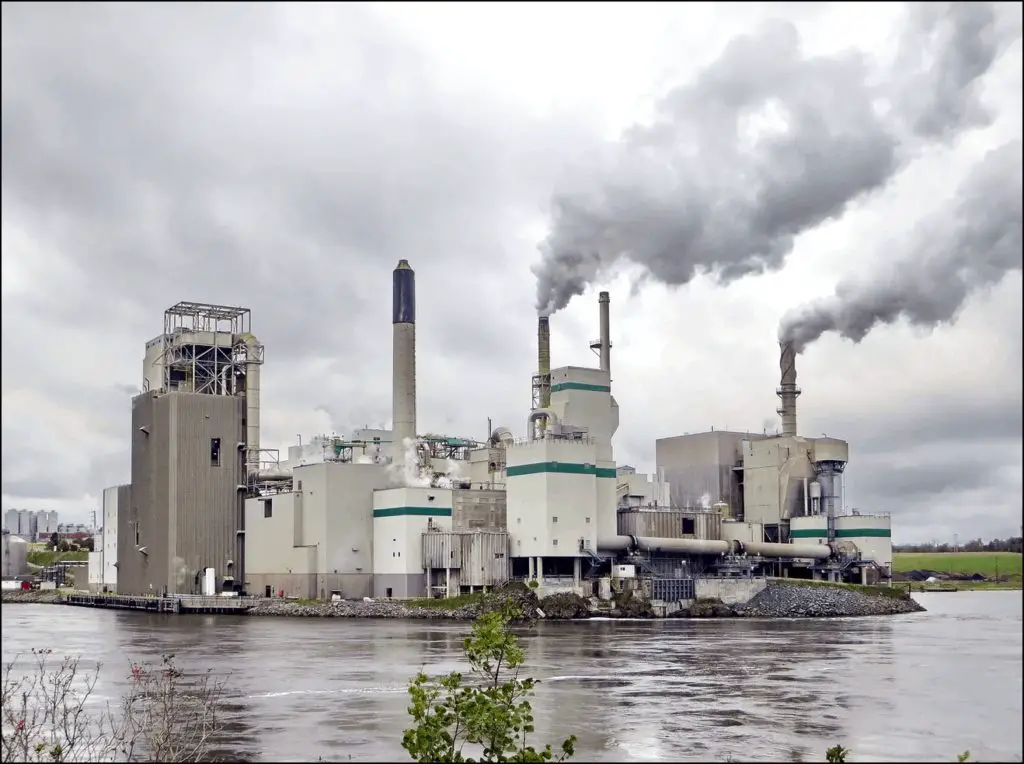
What can I do to help wild fish?
Your contribution comes mainly from your food choices – the things produced in agriculture. Also, what ends up in your sewage is important. By making wise decisions, you can help the water become healthy again.
- The production of meat and dairy products results in more significant nutrition losses compared to plant production. At the same time, grazing animals are needed to maintain biodiversity.
- Choose environmentally friendly products when shopping.
- Don’t flush anything else in the toilet that it’s intended for. (medicine, paint, chemicals)
- Make sure your house or summer home sewage system corresponds to modern requirements.
- If you own a boat, empty your toilet at reception facilities on land instead of in the water.
- Contact the ferry and cruise companies to empty their sewage in a harbor and select companies who take responsibility for it.
- If you own a boat yourself, make sure you clean it environment-friendly and empty the toilet at an emptying station.
- Take your old paint buckets and chemicals to a recycling station and old medicine to the pharmacy.
- Use oars instead of a boat engine when you can.
- Use your anchor in sandy areas instead of tossing it in a coral reef or seagrasses—no need to disturb the habitat.
- Become a member of Oceana and help save the sees.
- Don’t eat fish. The fish is the happiest and does best for the planet if you let it stay in the sea.
- Dedicate a few hours now and then go to shores and pick up trash. Bring a few bags because you will be baffled how much trash people leave behind.
- Inform friends and loved ones about how the fish are suffering, and try to convince them to help you in your task of saving the wildlife fish.
What can farmers and agriculture do to help?
Through fertilization, agriculture is one of the largest sources of nutrient leakage from land. The leak has been sharply reduced in recent years, but further measures are needed. Farmers can help reduce eutrophication by:
- Prepare fertilizer accounts to balance the fertilization to the needs of the crop.
- Make sure that the manure is not spread so that it leaks to ditches and watercourses.
- Take measures to reduce plant nutrient leakage to watercourses – for example, two-stage ditches, catch crops and edge zones, and construct and manage wetlands.
- Be inspired by good examples.
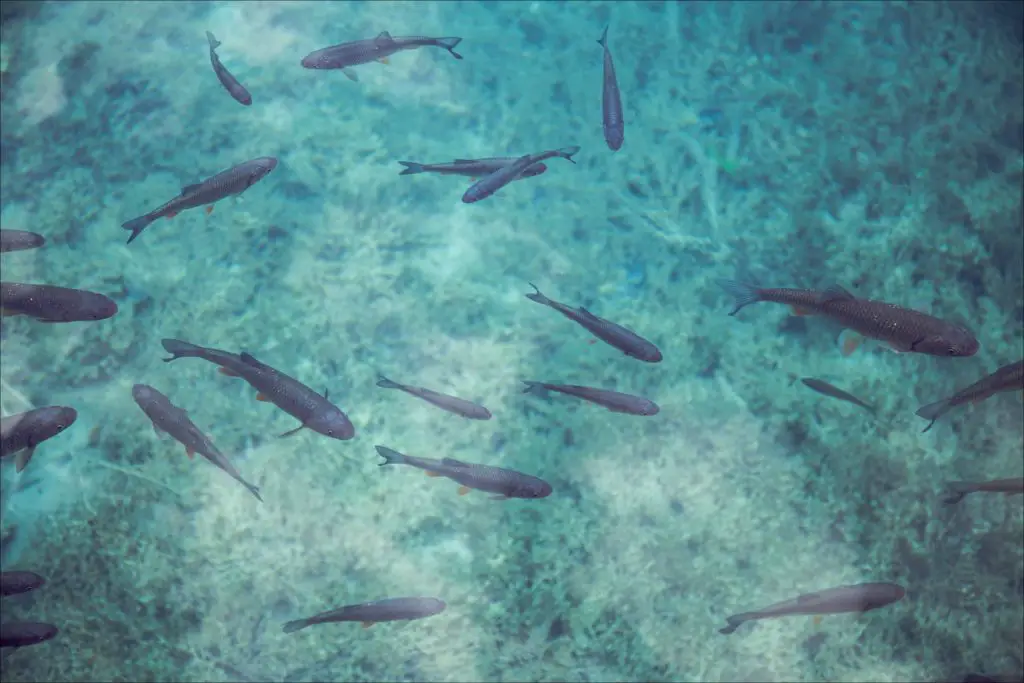
Can you feed wild fish some regular fish food?
Nothing is stopping you from bringing fish food and giving it to wild fish. However, it’s not a good idea. Whether the fish is omnivorous or herbivorous, it already gets its nutrition from algae or other fish. Even though you mean well, you feed the fish does more harm than good. By adding a regular fish feed, you support eutrophication which affects many things in the long run.
Can you feed wild fish bread?
It would be best to feed fish bread since it’s not a natural food source for fish or nutritional beneficial for them. Depending on the type of bread it is, it contains sugars that aren’t in the fish’s natural diet.
Does wild fish eat corn?
Wild fish love to eat corn, and it’s often used as bait among fishers. However, using corn as fish feed isn’t a good idea. Fish require proper nutrition found in their regular habitat, often from plankton.
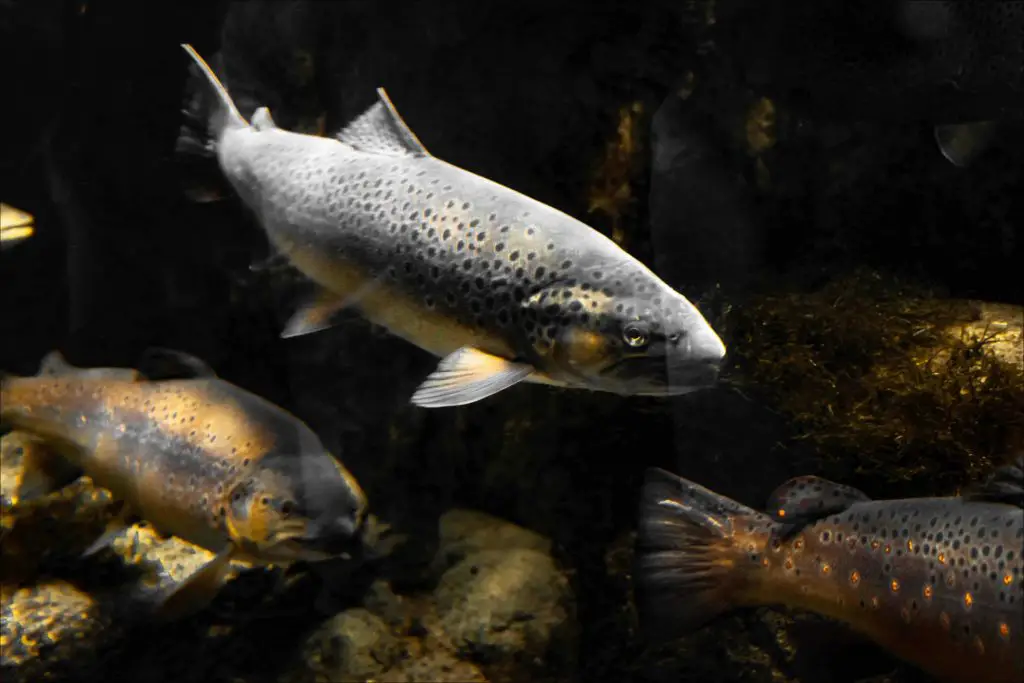
Why feeding wild fish does more harm than good
- When hand-feeding fish in the wild, you promote a new behavior among fish called “conditioning.” They learn to associate a human hand with food. As both you and I know, there are far more people who wish to eat fish than feeding fish. There is also a huge risk of the fish gaining unregular food habits instead of not feeding regularly.
- There’s also a risk the fish being fed is weaker against predators. They lose their instinct to gather food themselves, and they lose their competitiveness against other fish in the same species when looking for food, which will lead them to starvation.
- Giving fish feed that isn’t from the ocean also impacts the reef. When the fish doesn’t graze algae, the ocean gets out of control and gets smothered. The fish needs to eat algae to help to keep the reef clean.
